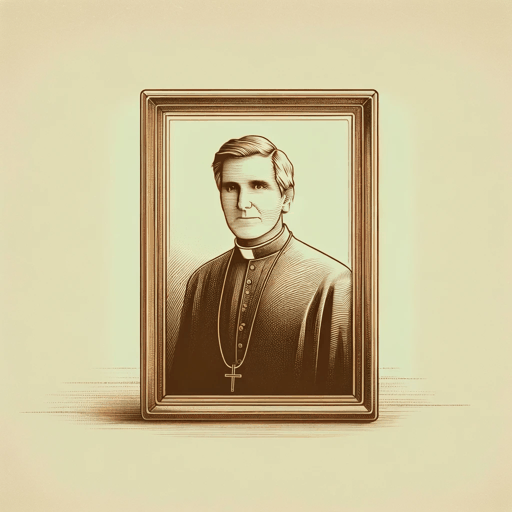30 pages • 1 hour read
James JoyceEveline
Fiction | Short Story | Adult | Published in 1904A modern alternative to SparkNotes and CliffsNotes, SuperSummary offers high-quality Study Guides with detailed chapter summaries and analysis of major themes, characters, and more.
Literary Devices
Epiphany
The Dubliners collection, including “Eveline,” is known for Joyce’s use of epiphany. Normally, epiphanies are moments of sudden revelation or insight, and characters often change their perspective as a result. In Joyce’s use, epiphanies take on a slightly different connotation and are used for more quotidian concerns; an epiphany is a moment of sudden “‘revelation of the whatness of a thing,’ the moment in which ‘the soul of the commonest object […] seems to us radiant’” (Ellman, Richard. James Joyce. Oxford University Press, 1983, p. 83). Richard Ellman, Joyce’s biographer, clarifies that Joyce felt the artist “must look for [such revelations] not among gods but among men, in casual, unostentatious, even unpleasant moments […] in the vulgarity of speech or of gesture or in a memorable phase of the mind itself” (83). Epiphanies occur in moments of emotional fullness and convey something specific about these experiences.
Eveline experiences when she remembers her mother’s death: “As she mused the pitiful vision of her mother’s life laid its spell on the very quick of her being […] She stood up in a sudden impulse of terror. Escape! She must escape!” (22-23).
Related Titles
By James Joyce

An Encounter
James Joyce

A Painful Case
James Joyce

A Portrait of the Artist as a Young Man
James Joyce
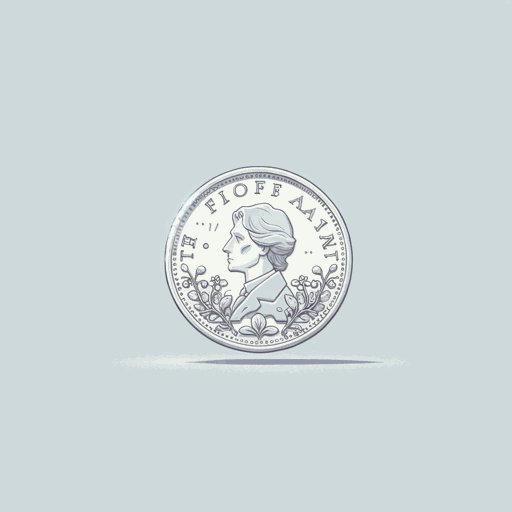
Araby
James Joyce

Clay
James Joyce

Counterparts
James Joyce

Dubliners
James Joyce

Finnegans Wake
James Joyce

Ivy Day in the Committee Room
James Joyce
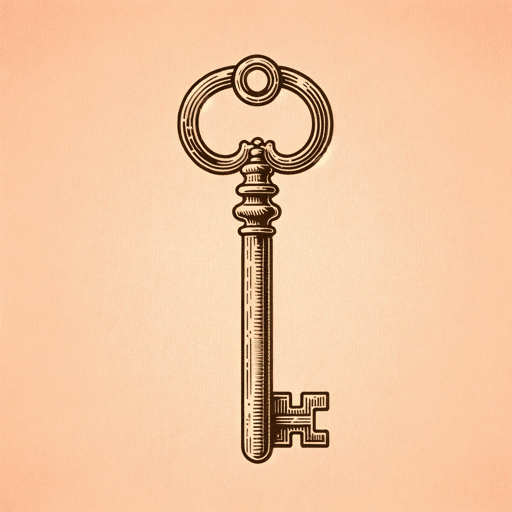
The Boarding House
James Joyce

The Dead
James Joyce

The Sisters
James Joyce
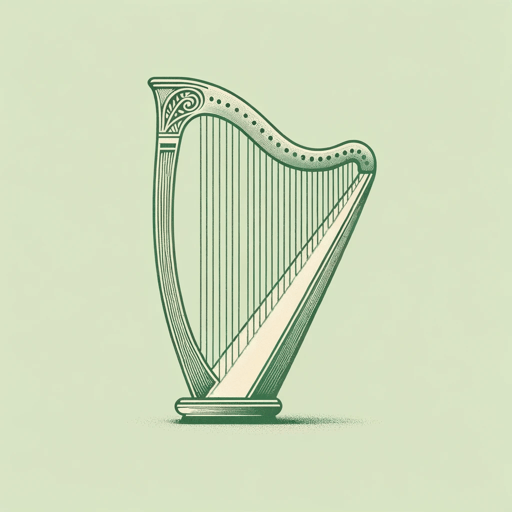
Two Gallants
James Joyce
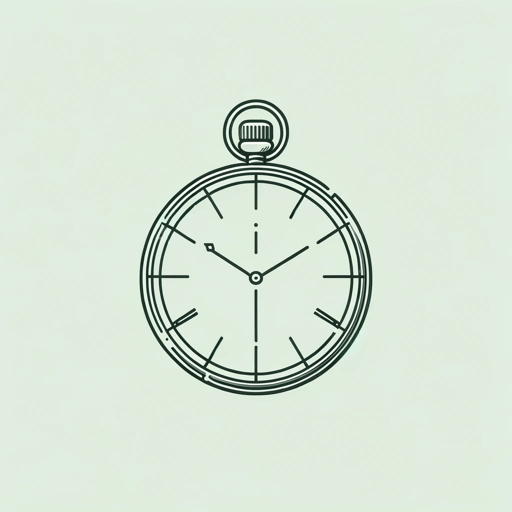
Ulysses
James Joyce
